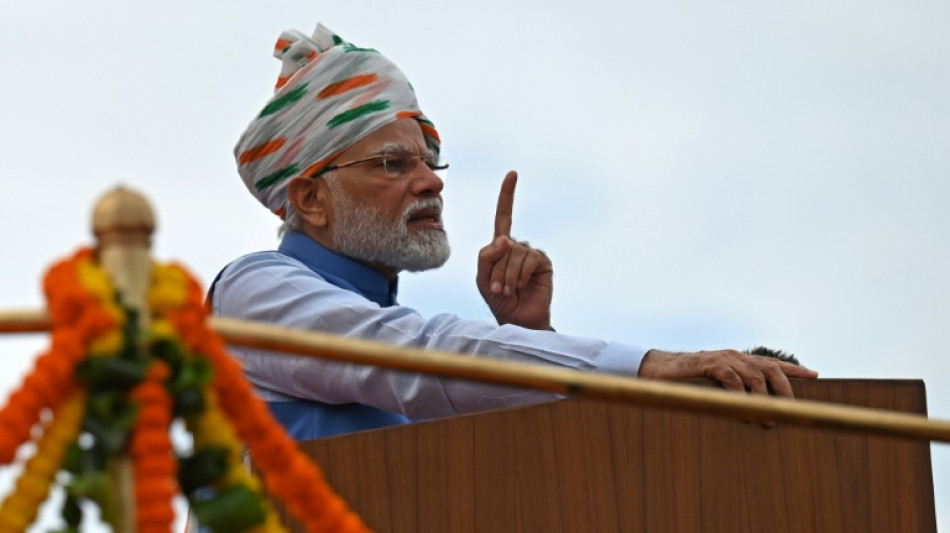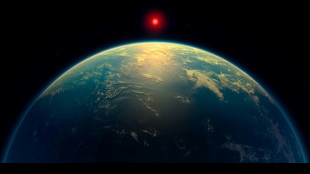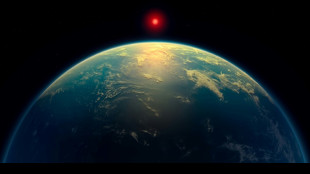

Mechanical elephants, homemade howitzers as India turns 75
India marked the 75th anniversary of independence on Monday with Prime Minister Narendra Modi giving a speech from Delhi's historic Red Fort, which was decorated with portraits of freedom fighters and guarded by mechanical elephants.
Following a 21-gun salute, reportedly executed using howitzers made domestically for the first time under Modi's "Make In India" industrial strategy, the prime minister said Indians should shed "colonialism in our minds and habits".
"Hundreds of years of colonialism has restricted our sentiments, distorted our thoughts. When we see even the smallest thing related to colonialism in us or around us, we have to be rid of it," Modi said in a 90-minute speech from the ramparts of the fort in the Indian capital.
Wearing a cream-coloured turban speckled with the colours of the Indian flag, Modi also said India should crush the "termite" of corruption and nepotism, follow an "India First" mantra and ensure that "in speech and conduct, we do nothing that lowers a woman's dignity".
"Self-reliant India is the responsibility of every citizen, every government, every unit of society," he said.
The "Jewel in the Crown" of the British Empire became independent in 1947 after two centuries of colonial occupation and exploitation.
With Britain in dire financial straits at the end of World War II -- in which about 90,000 Indian soldiers died -- the country was hurriedly split in two: Muslim-majority Pakistan and a mostly Hindu India.
- Partition -
This precipitated one of the biggest-ever movements of humanity as millions of people, uprooted from areas their families had inhabited for generations, rushed to be on the right side of the new border.
It also unleashed a cataclysm of sectarian violence in which at least a million people were killed. Entire trains full of people were massacred and huge numbers of women were raped.
More blood flowed and millions of others shifted 24 years later when East Pakistan, backed by India with Soviet support, fought a war of independence in 1971 to become Bangladesh.
At Partition, the disputed region of Kashmir was also split between India and Pakistan, with the Himalayan territory the spark for two of the nuclear-armed rivals' three wars and numerous skirmishes since.
India's population has soared from around 340 million to 1.4 billon today, and the country is projected to overtake China as the world's most populous nation this decade.
But while the economy is one of the world's largest -- and fastest-growing -- millions remain mired in poverty and Modi's government is struggling to create jobs for its booming population.
Women are often marginalised and suffer high levels of sexual violence, while the often oppressive and inescapable system of Hindu caste hierarchy still continues to apply in much of the country.
India's waterways and its cities are among the world's most polluted and the country is the third-biggest emitter of greenhouse gases, with its "net zero" target date 48 years from now.
When it comes to religion, independent India's founders strove to ensure that all Indians could practise their faith but that there was a clear separation between state and religion.
But many, particularly among India's about 200 million Muslims, fear that these ideals are under attack by Modi's Hindu-nationalist Bharatiya Janata Party (BJP), many of whose supporters espouse Hindu hegemony.
D.Nelson--RTC



